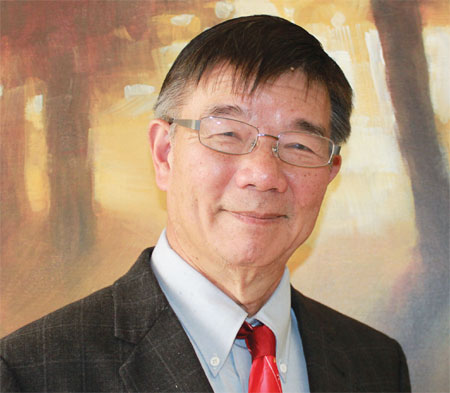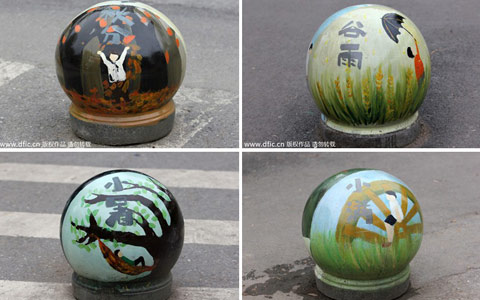Hsing Kung: Giving to community has rewards
Updated: 2014-04-18 11:40
By Qidong Zhang in San Francisco (China Daily USA)
|
||||||||
|
Hsing Kung has devoted himself to building bridges between the Asian community and the mainstream to understand Asian needs better. Qidong Zhang / China Daily |
On March 17, the City of Cupertino honored Kung as Citizen of the Year for his community service and also for serving as president of the Cupertino Rotary Club in 2013.
Sitting on the boards of more than a dozen non-profit organizations and schools, Kung has devoted himself to building bridges between the Asian community and the mainstream to understand Asian needs better, and bring more Asians into mainstream civic participation. He founded grassroots organizations such as Vision New America to develop the next generation of Asian leaders entering the political arena.
Born in Taiwan and getting his bachelor's of science degree at National Cheng Kung University, Kung earned a master's of science from the University of Texas and a PhD from UC Berkeley in 1974. He started his engineering career in fiber optics at Hewlett-Packard and was soon influenced by the booming entrepreneurship culture. In 1983, he started SDL, which went IPO in 1995 for $200 million, and was acquired by JDS for $41 billion in 2000.
Currently a partner in the Acorn Campus high-tech incubator, Kung is known as "Godfather of Fiber Optics" for nurturing numerous startup ventures over the past two decades. Being someone who has been in high tech, seen it, done it and come out a success, Kung modestly attributes his success to the boom of the Internet. "As long as there is an Internet, bandwidth is needed and the fiber optics industry is driven," he said.
His leadership in community services has a broad reach, from Monte Jade, one of the largest Chinese-American high-tech associations in the US, to the Cupertino Rotary, the United Way, American Leadership Forum, the San Jose Repertory Theater, and many others. His passion for community came when he first arrived in Silicon Valley in the 1970s.
"I found most of the Chinese American professionals lacked interest of participating in American politics," he said. "I heard a lot of comments like 'politics is complicated' and 'politics is ugly', and many were ignorant about the basics of local American politics. Many Chinese Americans did not like to serve jury duty so they shied away from voting because they thought they could avoid jury duty by not registering to vote. They didn't know jury members were selected from driver's licenses. I decided to make an effort at encouraging Chinese Americans to vote, which is an educational process to start."
In the 1980s, when he learnt a Chinese American named Chester Wang was involved in organizing a small outreach team to get Chinese Americans to vote, Kung jumped in to help. In 1985, when his friend Tommy Shwe ran for Cupertino elementary school board as the first Chinese American in the city, he became an active volunteer. His experience with Fremont Union High's school board election, however, greatly shaped his thoughts.
"I visited the mainstream American voters, communicated with local community leaders, and sat down with elected officials to understand local legislatures. I came to realize how little we know about American society and politics and how little they understand us as Chinese Americans," he said.

"I decided to make an effort to bridge the two communities and get the message across borders, and running a campaign as a Chinese American was the best way to encourage voting, which changes the demographic map of voters and plants the roots in understanding," said Kung.
According to Kung, Asians grew faster than any race in the US from 2000 to 2010, rising by 43.3 percent, more than four times the overall growth rate. Silicon Valley has felt this impact deeply, but this growth has not been reflected in the political leadership.
In Santa Clara county, Caucasians make up about a third of the population but hold three-fourths of city council seats. Only three of the county's 15 cities have non-white mayors. When he first came to the South Bay in 1974, however, there were none at all. His efforts in voting have paid off.
Hsing's father, who had worked in government to reclaim Taiwan from half a century of Japanese rule, and later served as mayor of Pingtung city, died of cancer when Hsing was only 11, and his brother was nine. His mother devoted her life to raising her two boys.
"She was a good role model and taught us how to be good people, humble, hardworking and to not take anything for granted," said Hsing, who often reminds himself of these virtues and his social responsibilities.
In 1995 Kung joined the Rotary Club and has remained active in it ever since. "I was immediately welcomed by the Rotary family. I still remember the first Christmas party at the club, my uneasiness was showered by the hospitality of the club members and I realize how much similarity we have in both Chinese and American cultures and how eager the Americans were to understand Chinese culture and Chinese Americans," he said.
His philosophy of life has been shaped by Hu Shi, the modern Chinese educator and philosopher. Kung believes a life goal of making the best one can in one's own environment. Describing himself as easily content and very optimistic on humanity, Kung said his advice to Chinese-American immigrants is to gain rights by voting, and participate in community activities to help merge the Chinese community with the mainstream to achieve understanding.
"The only way to influence is to participate," he said. "Only 20 years ago, Chinese Americans had no elected official in the South Bay (Santa Clara County), let alone any influence. Today we have had forty to fifty elected officials, school board directors, city councilman and particularly in Cupertino. As first generation Chinese Americans, we are so proud of our own culture, we are modest, hardworking, and will be recognized if we communicate with the mainstream and get recognized," said Kung.
Kung's daughter Angela, who majored in political science at UC Santa Barbara and now works at AT&T in San Francisco, is also an activist in local community service. His wife Margaret whom he met in Austin, Texas, works in accounting and finance and is a strong supporter of Kung's passion for community service.
When Mike Honda was elected to Congress, Hsing partnered with him to boost the Asian American community nationally.
"Traditionally, politicians have seen Asian Americans in general as a place to tap for money. But the issue for local groups and Hsing Kung is we don't want to be the people you just come to for money. We have resources for policy. We understand technology and domestic and foreign affairs, and it's a community with a deep well of talent," said Honda.
For new immigrants who come to Silicon Valley and US in general, Kung has some heartfelt advice: "Integrating into the mainstream is a major challenge for many new immigrants.
"As long as everyone reminds themselves of their social responsibilities, makes an effort to achieve that from registering to vote, gets involved in political campaigns and eventually participates in elections, it's only a matter of time before that integration will be achieved. The more you give to your local community, the more you will receive eventually."
kellyzhang@chinadailyusa.com

 Sino-US doctors join hands to fix young hearts
Sino-US doctors join hands to fix young hearts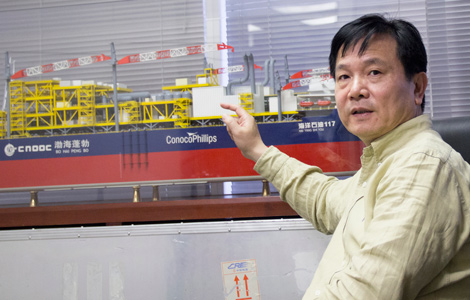
 CSSC to expand its offshore businesses
CSSC to expand its offshore businesses
 Lenovo CEO honored with Edison innovation award
Lenovo CEO honored with Edison innovation award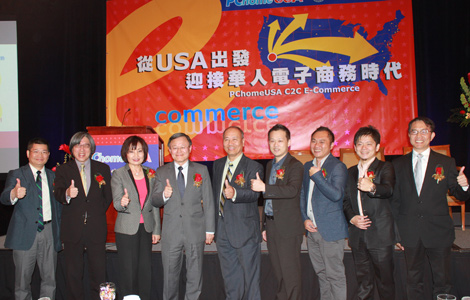
 Shopping spree
Shopping spree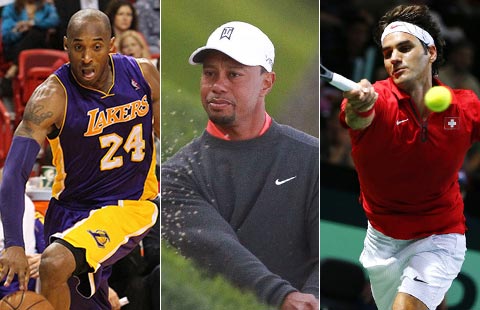
 Top 10 world's highest-paid athletes
Top 10 world's highest-paid athletes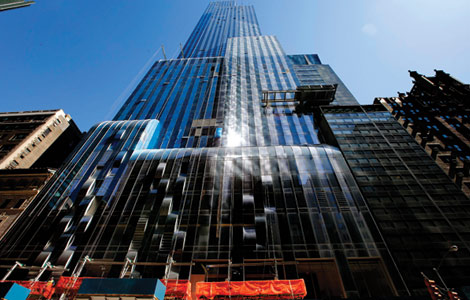
 NY real estate firms woo Chinese buyers
NY real estate firms woo Chinese buyers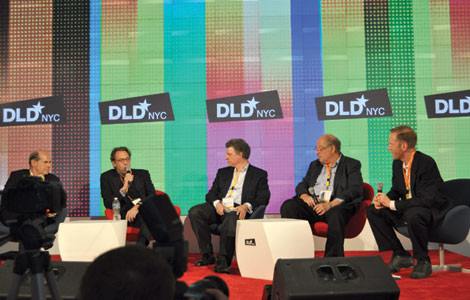
 China 'to lead' digital revolution
China 'to lead' digital revolution
 Miss CA: Key to success is to 'keep trying'
Miss CA: Key to success is to 'keep trying'
Most Viewed
Editor's Picks

|

|

|

|

|

|
Today's Top News
China's manufacturing picks up in April
Chinese firms join IBM's new chip-tech group alliance
Xbox One may see buying rush in China
China's Xi orders 'crushing blow' to terrorism
Malaysia releases preliminary report on MH370
China, Russia to hold joint military exercise in May
Chinese, Australian PMs discuss MH370 flight
China, Russia to hold joint military exercise in May
US Weekly

|

|
